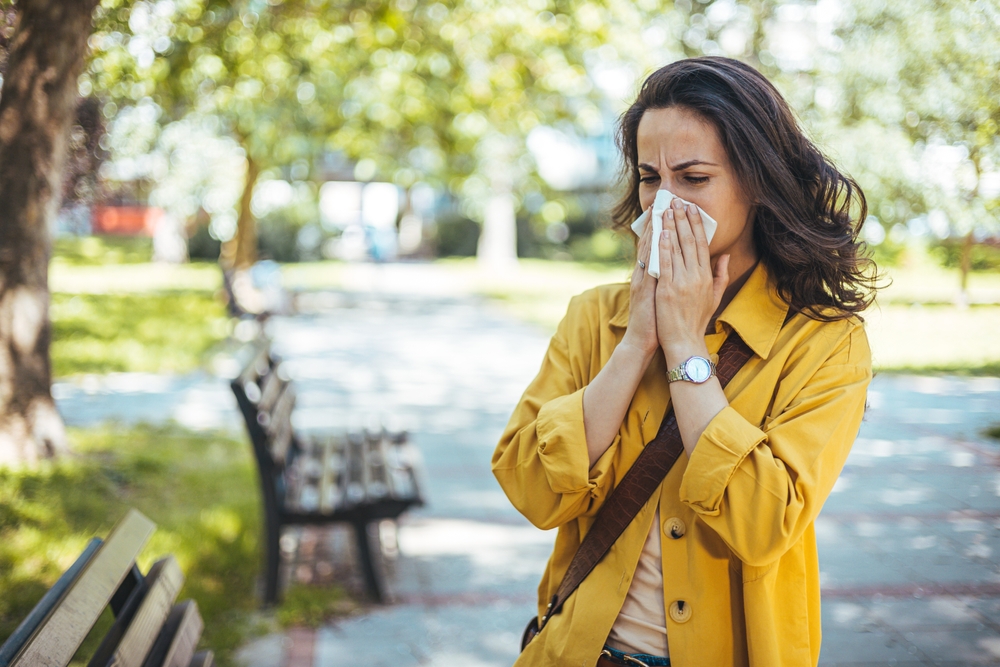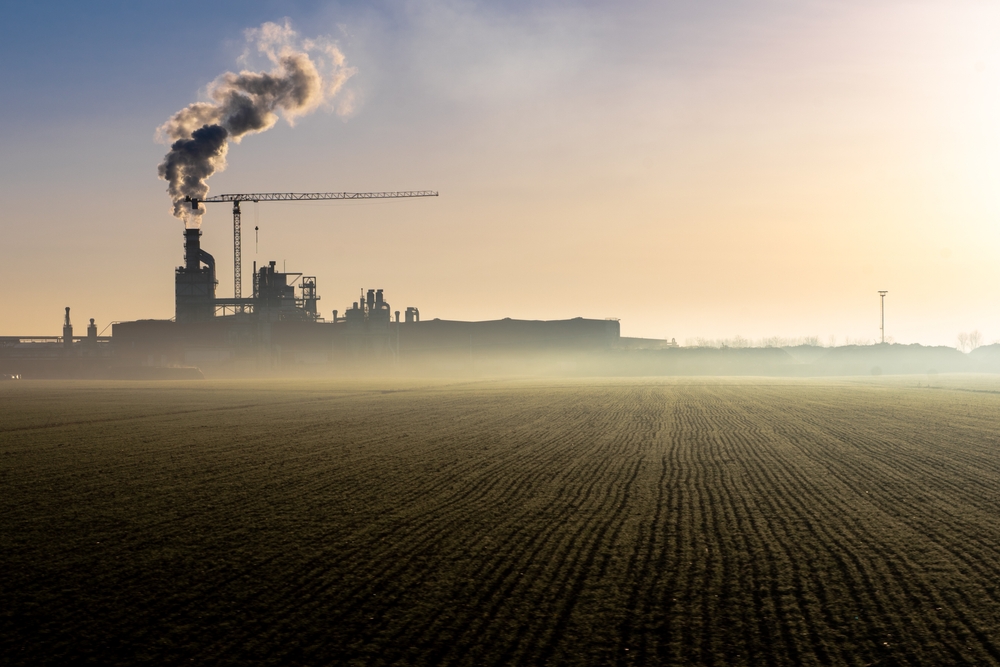The South has a charm all its own—friendly people, rich culture, and delicious comfort food. However, when it comes to lifespan, the South tends to lag behind other parts of the country. There are a few reasons Southerners may not live as long as the rest of us, and they may or may not surprise you.
1. They Fry Anything and Everything

Let’s be honest—Southern food is delicious but not always the healthiest. Fried foods, heavy sauces, and processed meats are staples in many Southern kitchens, contributing to high cholesterol, obesity, and heart disease.
Why it matters: These diet choices are linked to long-term health issues that reduce life expectancy, like heart disease, diabetes, and hypertension.
2. They Have Higher Obesity Rates

The South has some of the highest obesity rates in the country. This isn’t just about food—it’s also linked to a lack of physical activity and socioeconomic factors. Obesity is a significant risk factor for several life-shortening conditions like diabetes and heart disease.
Why it matters: Obesity increases the risk of premature death due to complications like heart disease, stroke, and certain cancers.
3. They Have Limited Access to Healthcare

Many rural areas in the South face shortages of healthcare providers and medical facilities. Residents may have to travel long distances to receive care, leading to delayed diagnoses and untreated conditions.
Why it matters: Without easy access to medical care, chronic conditions go unmanaged, and preventative healthcare is harder to come by.
4. They Have Higher Smoking Rates

The South has higher smoking rates compared to other regions, and smoking is a leading cause of preventable death. Tobacco use is deeply ingrained in Southern culture, and the health risks it poses are enormous.
Why it matters: Smoking leads to lung disease, cancer, heart disease, and a variety of other health issues that significantly shorten life expectancy.
5. They Have Higher Rates of Disease

Southerners have higher rates of chronic illnesses like heart disease, diabetes, and hypertension. These conditions are often tied to lifestyle choices but are also exacerbated by limited healthcare access and economic factors.
Why it matters: Chronic diseases require long-term management, and without it, these conditions can lead to early death.
6. They Have Higher Poverty Levels

Poverty levels are higher in the South than in other parts of the U.S., and income is directly tied to health outcomes. Many people have limited access to health insurance, nutritious food, and proper medical care.
Why it matters: Financial issues create barriers to leading a healthy life, resulting in higher illness rates and shorter lifespans.
7. They Have Lower Levels of Education

Education plays a huge role in health outcomes. People with lower levels of education tend to have less access to health information, are more likely to engage in unhealthy behaviors, and often lack the resources for preventative care.
Why it matters: Lower educational attainment is linked to poorer health decisions and higher mortality rates.
8. They Lack Physical Activity

While the South has beautiful outdoor spaces, many Southerners don’t engage in regular physical activity. Sedentary lifestyles, along with the hot, humid climate, make it easy to avoid exercise, contributing to obesity and other health issues.
Why it matters: A lack of physical activity increases the risk of obesity, heart disease, and other life-threatening conditions.
9. They Have Poor Air Quality

Certain Southern areas, especially urban regions, struggle with poor air quality due to factories, cars, and agriculture pollution. Long-term exposure to air pollution increases the risk of respiratory diseases and other serious health problems.
Why it matters: Poor air quality can lead to chronic respiratory illnesses and increase the risk of heart disease and stroke.
10. They Have Higher Rates of Mental Health Issues

Mental health is often overlooked in the South, and access to mental health services is limited in many rural areas. Depression, anxiety, and substance abuse can all shorten life expectancy when untreated.
Why it matters: Mental health issues, particularly when untreated, can lead to physical health problems and increase the risk of suicide.
11. They Have High Rates of Substance Abuse

In some Southern states, there are high rates of alcohol and drug abuse. Addiction to substances like alcohol, opioids, and methamphetamine is a significant contributor to shorter lifespans, leading to overdose deaths and related health complications.
Why it matters: Substance abuse weakens the body, leads to organ damage, and drastically increases the risk of early death.
12. They Have Higher Infant Mortality Rates

Southern states have some of the highest infant mortality rates in the country. Factors like poor maternal health, limited access to prenatal care, and higher rates of poverty contribute to this tragic statistic.
Why it matters: High infant mortality rates reflect the overall health challenges faced in the region and indicate deeper systemic issues.
13. They Have a Cultural Resistance to Healthcare

In some parts of the South, there’s a cultural skepticism toward doctors and the healthcare system. This can lead to a reluctance to seek preventative care or follow medical advice, which results in untreated conditions and preventable deaths.
Why it matters: Delayed medical care or avoiding healthcare altogether can turn manageable conditions into life-threatening ones.
14. They Have More Climate-Related Health Risks

The South’s hot, humid climate poses unique health risks. Heat-related illnesses like dehydration, heatstroke, and respiratory issues are more common, particularly for vulnerable populations like the elderly or those with pre-existing conditions.
Why it matters: Extreme heat and humidity can exacerbate chronic illnesses and lead to life-threatening situations, especially for those without access to proper healthcare or cooling systems.




